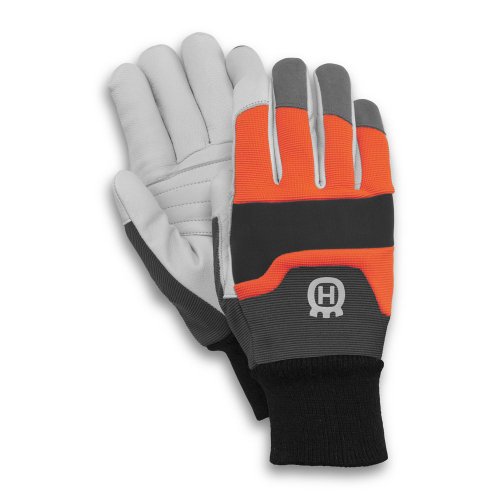Wow, really neat tech stuff!
Thanx for the inside view man!
A 1/2" circumfrence 'screw' (simple machine) that must be screwed in 30 turns(30 x 1/2" =15 inches of travel) to go into mount 1" will have 15/1 mechanical advantage increase on input force; but minus loss to friction, lubricant reduces that friction greatly allowing more of mechanical advantage to be realised.
Just like better bearings on axle, pivot, greasing slide; they don't increase torque, they allow what is there to be closer to maximum potential.
Locktite comes in bottle with a lot of airspace, because it is an aerobic adhesive ie. it cures in places without oxygen. Should be used fresh, has shelf life even unopened. So between tight threads, without air it cures, not on outside ever totally i think. Heat could effect this effecting curing by burning up oxygen around adhesive and forcing curing with heat curing chemical too; it would effect faster curing in between threads where it is made to cure. Not really, really sure heat would make necessarily a stronger joint, nor weaker. Heat is used for breaking free stronger variety (red and specialty products), purple and blue are coded 'bluz' for cold breaking identification.
i think locktite isn't necessarily for lubricating, but for sealing out stuff, vibration, disallowing movement through adhesion.
So confused, now i am confused, are you saying that you can't get same amount of tightening tourque in a locktite joint by using longer wrench, hit rated tourque and have the best of both worlds? Or using finer threads for compressing more travel into same area, if you need locktite, to hit rated tourque/ tension???























































